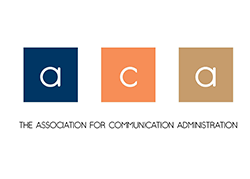Abstract
This article describes the components that are characteristic of effective assessment program. Assessment of student learning outcomes is setting new records as a fast growing nationwide initiative. Experts such as T. Dary Erwin, Director of Student Assessment at James Madison University, reference the "first wave" of institutions who made "early commitments to establish assessment programs and became national pioneers." Alvemo College, the University of Tennessee at Knoxville, and Northeast Missouri State University are the three institutions usually credited as leading this first wave. It is important to note, however, that these pioneering efforts only began in the early 1980s, just 10 to 12 years ago. Individuals who still harbor a hope that assessment is a fad that will die as quickly as it grew are probably unaware of the external forces that are driving the assessment initiative. The pressing motivation to assess the outcomes of undergraduate education is driven by at least two forces. The first is what Peter Ewell terms "a reemerging concern about the structure and content of the undergraduate curriculum. "The second force driving assessment stems from growing pressure for accountability in the use of public funds in higher education. Assessment is a complicated and time consuming task. Consequently, it becomes a waste of time and resources to put in place an assessment program for the express purpose of satisfying an external mandate. Effective assessment programs are ones that have a recognized campus value in addition to satisfying the requirements established by any external mandate.
Recommended Citation
Higgerson, M. L. (1993). Important components of an effective assessment program. Journal of the Association for Communication Administration, 22(2), 1–9.


